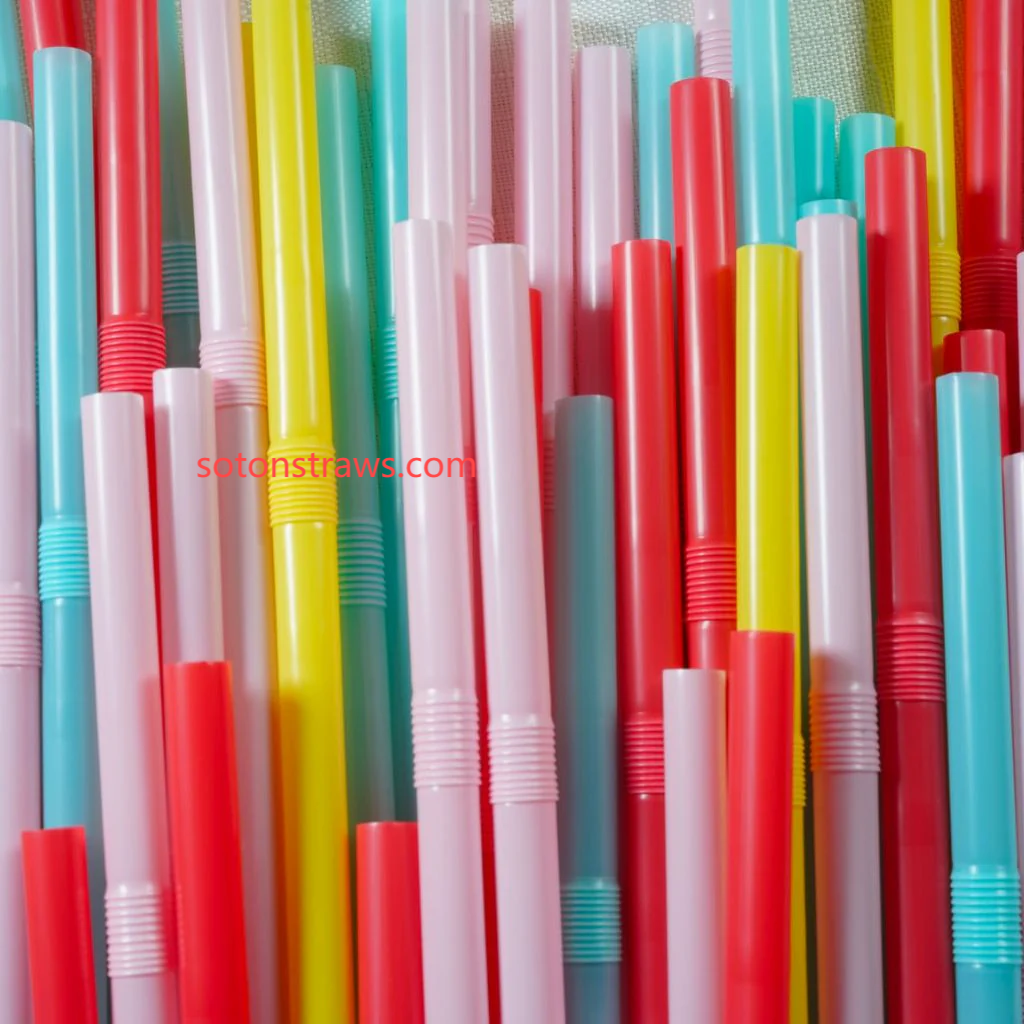The daily routines within nursing homes involve countless considerations for resident wellbeing. Among the seemingly small items carrying significant weight is the choice of drinking aid. The PP Straw has long been a staple due to its dependability and safety features. Its rigid structure doesn't collapse mid-sip, providing consistent support for residents with limited dexterity or strength. The smooth, predictable flow it allows is crucial for those managing swallowing difficulties, reducing the risk of choking or aspiration – a paramount concern for caregivers. Its durability also means residents can take their time without the straw failing, offering dignity and independence during meals and hydration.
Sustainability initiatives, however, create a complex tension. While nursing homes increasingly seek to reduce plastic waste, finding alternatives that match the safety and functional reliability of traditional plastic straws is challenging. Paper straws can become soft and unusable quickly, potentially causing frustration or leading residents to abandon drinking altogether. Some compostable alternatives might lack the necessary rigidity, pose unfamiliar textures, or require specific composting facilities often unavailable locally. Caregivers face a difficult balancing act: choosing an eco-friendly option that might compromise safety or resident comfort, or sticking with the tried-and-true plastic straw knowing its environmental footprint. This conflict isn't merely operational; it weighs on staff who value both resident welfare and environmental stewardship.
The core issue extends beyond material choice. Reliability is non-negotiable in care settings. A failing straw isn't just an inconvenience; it can lead to dehydration, spills causing skin irritation or falls, or increased staff time assisting residents. The familiarity of the PP Straw also matters. Residents with cognitive challenges benefit from consistency; introducing a differently textured or behaving straw can cause confusion or refusal. Cost and logistical realities also play a role – reliable alternatives need to be consistently available and affordable for facilities operating on tight budgets. The ideal solution must bridge safety, practicality, resident familiarity, and genuine environmental responsibility without compromise.
Navigating this requires innovation and partnership. Simply removing plastic options ignores resident needs, while ignoring sustainability concerns is increasingly untenable. The focus must shift towards developing solutions that meet the stringent functional requirements of care environments while offering a demonstrably better end-of-life pathway than landfill. Soton understands this critical intersection of care and sustainability. While recognizing the current role of PP Straw in safety, Soton is actively pioneering next-generation materials and designs specifically engineered for vulnerable users. Their research focuses on ultra-durable, non-sogging alternatives that offer the reliability caregivers demand, coupled with truly viable composting routes. Partner with Soton to navigate the path towards genuinely sustainable resident care.Click https://www.sotonstraws.com/product/biodegradable-straws/st101-paper-straws/ to reading more information.


